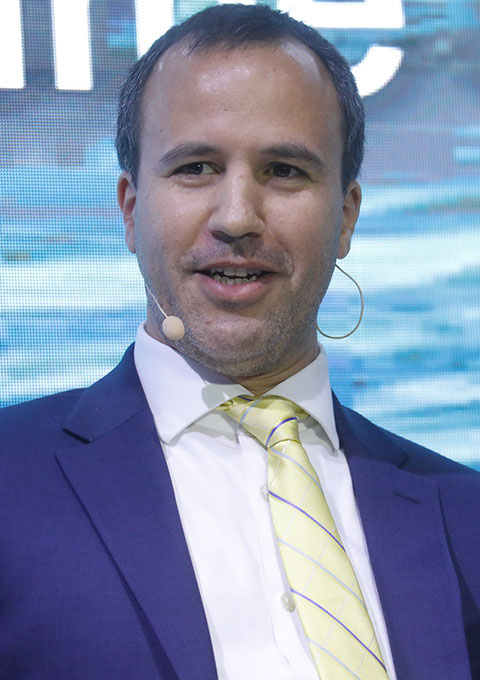President Trump may not enact his threatened US drawdown of troops from the Sahel, but President Biden will still face pressure to end America’s “forever wars” and reduce the number of American lives and treasure lost to fighting terrorism in Africa. If the United States pulls back from the Sahel, terrorist groups active there may seek to export unrest to more-secure coastal countries like Côte d’Ivoire, Ghana, Benin, and Togo. Can Europe fill the void? And will Russia, China, or other actors try to move in and assert their own influence in the region? Chair: Khalid Chegraoui, Senior Fellow, Policy Center for the New South TBC Speakers: . Pierre Englebert, H. Russell Smith Professor of International Relations, Pomona College; Senior Fellow, Africa Center, Atlantic Council . Rida Lyammouri, Senior Fellow, Policy Center for the New South . Abdoul Salam Bello, Senior Project Officer, United Nations Convention to Combat Desertification; Senior Fellow, Africa Center, Atlantic Council














